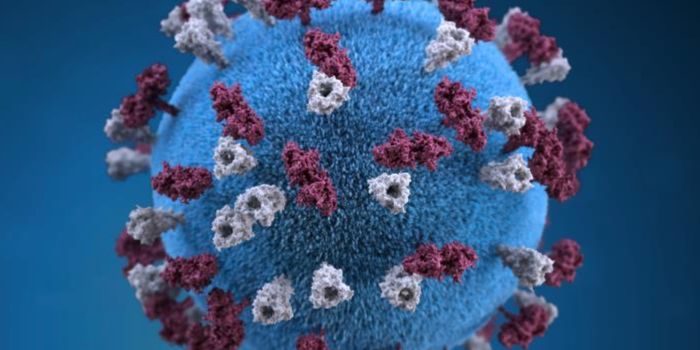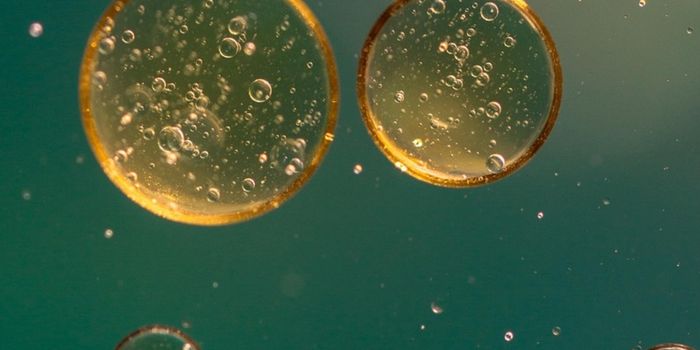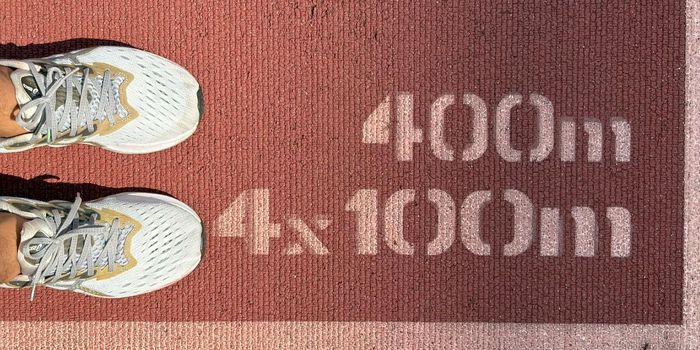Study Explores the Mood-Enhancing Effects of Matcha
Japanese Matcha tea powder is known to boost energy, clarity, and mood. The powder activates dopaminergic neural circuits, and dopamine is a neurotransmitter and hormone that plays an important role in elevating one’s mood. Matcha processed from the leaves of Camellia sinensis may offer an effective natural mood enhancer. Past research studies have indicated that matcha can improve depression in certain mice. A recent study published in Nutrients indicates the potential therapeutic uses of matcha.
Matcha has played a central role in Japanese tea ceremonies. It is rich in antioxidants and has been used medicinally for inflammation, stress relief, and other health conditions. Matcha has been associated with minimizing anxiety-like behavior in mice. Activating dopamine function via dopamine D1 receptor signaling could also improve the symptoms of depression.
The Kumamoto University researchers investigated the effects of Matcha tea powder on stress-tolerant and stress-susceptible mice. Both groups of mice were subjected to social isolation stress for the study.
The researchers observed that oral administration of a Matcha tea suspension reduced depression levels in the mice. The team assessed the mice’s performance in tail suspension tests to evaluate depression in mice. They also conducted an immunohistochemical analysis of the mice’s brains. This analysis showed activation of the prefrontal cortex (PFC) and nucleus accumbens (NAc) in the mice after ingesting the Matcha tea suspension. The PFC and Nac are responsible for regulating dopamine levels in the brain.
Activation of the PFC and Nac typically increases dopamine levels and enhances mood. The stress-susceptible mice had more c-Fos-positive cells in the PFC, Nac, and ventral tegmental area (VTA). Increased c-Fos positive cell levels suggest higher neural activity and dopamine production. Stress-tolerant mice did not have an increase in c-FOS-positive cells.
Another finding was that administering a dopamine D1 receptor blocker to stress-susceptible mice negated the antidepressant-like effects of matcha. According to study author Dr. Kurauchi, “These results suggest that Matcha tea powder exerts an antidepressant-like effect by activating the dopaminergic system of the brain, and this is influenced by the mental state of the individual.” It is important to consider differences in mental conditions since stress-prone mice were more sensitive to the Matcha tea than stress-tolerant mice.
Sources: Eureka News Alert, Kumamoto University, Nutrients








